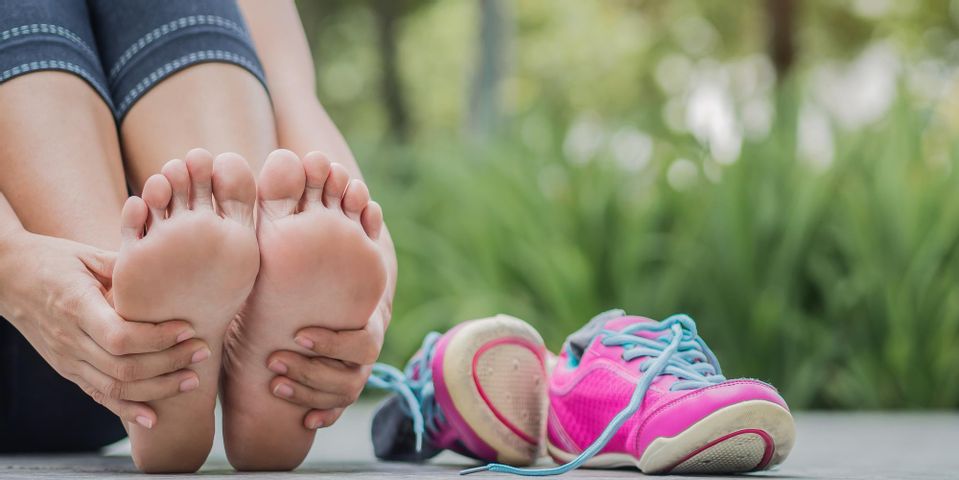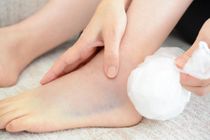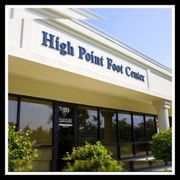Heel Spur Symptoms & Treatment Options Explained

Heel spurs are calcium deposits that form bony protrusions on the bottom of the foot between the heel and arch. Repetitive movement often causes the growths to form over time. If you walk a lot, run, or place additional stress on feet when exercising, it pays to be proactive by scheduling routine checkups with a foot doctor. They’ll diagnose and treat problems before your mobility is impaired. Here are some signs you might have this condition and what can be done about it.
Common Symptoms
Some people with heel spurs experience discomfort, while others might not be aware of a problem. Painful sensations when you get out of bed in the morning followed by an ache could be caused by swelling concentrated at the front of the heel. When left untreated, the pain can travel to other areas of the foot. With this condition, you might also experience radiating heat coming from the area or notice a small lump on the underside of your foot. The bulge is caused by the bony growth pressing against the skin. A doctor can order X-rays to determine whether irritation and changes in foot appearance are caused by heel spurs, plantar fasciitis, or other issues.
Treatment Options
 To reduce inflammation, a podiatrist might recommend putting cold compresses on heel spurs. These cold packs are wrapped around the injured foot. They might also prescribe medication or recommend taking aspirin or other pain relievers to reduce inflammation and minimize discomfort. Wearing shoes without support can also cause calcium buildup, so changing footwear might also be suggested. Having heel support will put less pressure on the growth when you walk, helping to correct the issue. If non-invasive treatments don’t work, surgery might be your best option.
To reduce inflammation, a podiatrist might recommend putting cold compresses on heel spurs. These cold packs are wrapped around the injured foot. They might also prescribe medication or recommend taking aspirin or other pain relievers to reduce inflammation and minimize discomfort. Wearing shoes without support can also cause calcium buildup, so changing footwear might also be suggested. Having heel support will put less pressure on the growth when you walk, helping to correct the issue. If non-invasive treatments don’t work, surgery might be your best option.
To pinpoint the reason for your heel pain, contact the professionals at High Point Foot Center. Serving the Piedmont Triad, NC, area, certified foot specialist Dr. Kevin Henry has over 17 years of experience providing surgical and non-surgical solutions to correct heel spurs, hammertoes, and other issues affecting patients’ well-being. The practice will also share shoe-buying advice to reduce foot strain. To schedule an exam, call (336) 882-2070. Visit the practice online to learn more about the problems Dr. Henry treats.
About the Business
Have a question? Ask the experts!
Send your question

